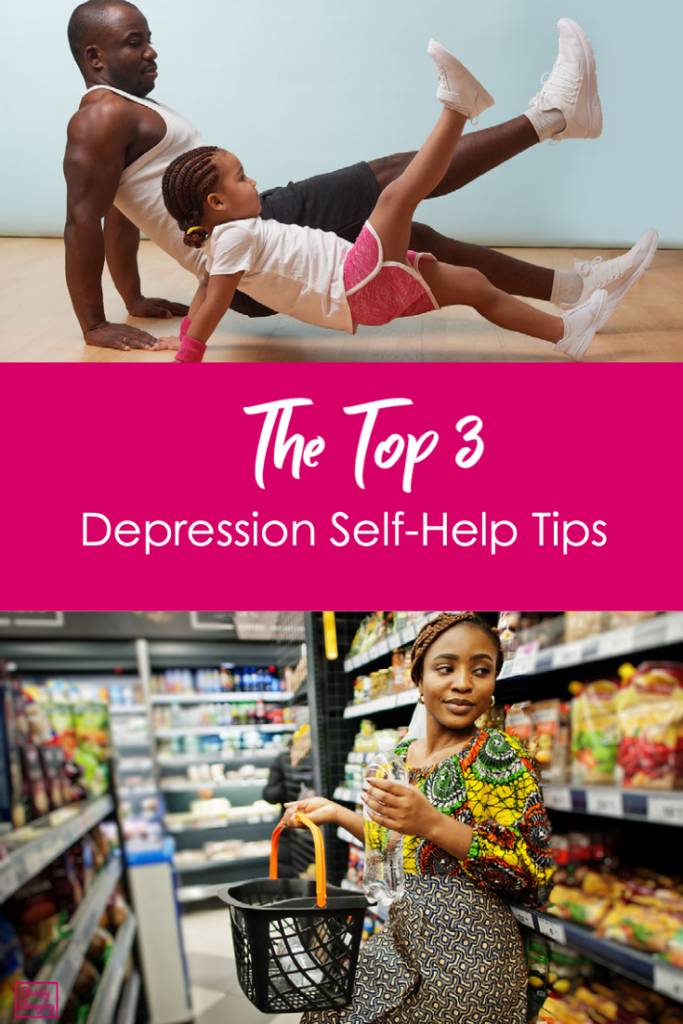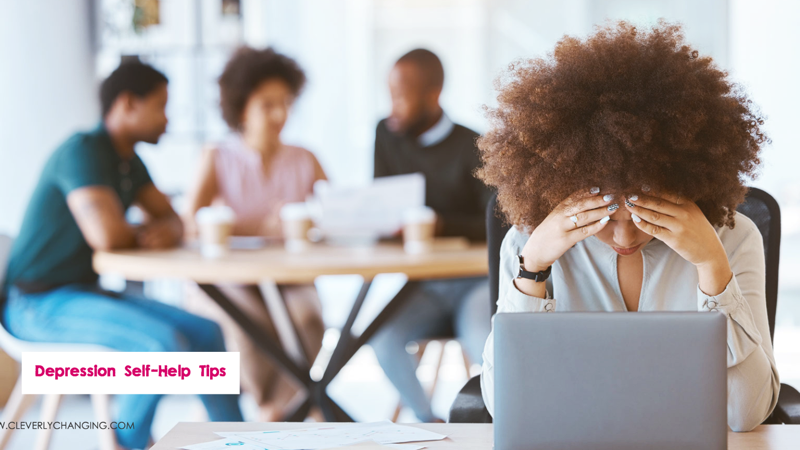According to the National Institute of Mental Health, depression is one of the most common mental disorders in the United States. It is estimated that 16.1 million American adults suffer from depression. Parents, this means that there is a chance that your children may suffer from depression too.
What is Depression?
Depression is a serious mental health condition that can have a profound effect on every aspect of a person’s life. There are many different types of depression, and it can be caused by genetics, certain brain chemicals, or traumatic events. Depression can manifest as feelings of sadness, loss of interest in activities, fatigue, changes in appetite, and more. If you think you or your child may be suffering from depression, it is important to seek professional help. However, there are also some things that you can do at home to help ease symptoms of depression.
If you’re struggling with depression, it can be difficult to know where to turn or what to do to start feeling better. While medication and therapy are essential treatments for depression, there are also a number of self-help strategies that can make a big difference.
Self-Help for Depression
If you or someone you know is struggling with depression, know that you are not alone. These 3 self-help tips can ease some symptoms of depression, but it’s also important to seek professional help if needed. Remember to be kind to yourself and reach out for help when needed.

1. Get Moving
When you’re depressed, it’s common to feel like you don’t have the energy or motivation to do anything. But one of the best things you can do for your mental health is to get moving and get active. Exercise has been shown to be an effective treatment for depression, so even if you don’t feel like it, try to get yourself to take a walk, go for a swim, or go to the gym. You might find that once you get started, you actually enjoy it and start to feel better.
Exercise is a great way to boost your mood and ease depression symptoms. When you exercise, your body releases endorphins, which have mood-enhancing effects. Exercise can also help to improve your sleep, increase energy levels, and reduce stress. Just make sure to start slowly and increase the intensity of your workouts gradually.
2. Connect with Others
It’s easy to isolate yourself when you’re dealing with depression, but one of the most important things you can do is reach out and connect with others. Spending time with family and friends, joining a support group, or even talking to strangers can help reduce feelings of loneliness and isolation and make it easier to cope with depression. If you’re having trouble reaching out, try starting with small steps like smiling at people more often or striking up conversations with people you see on a regular basis.
When you are struggling with depression, it can be easy to withdraw from friends and family. However, social support is crucial for managing depression. Spend time with people who make you feel good and avoid negative influences. You may also want to consider joining a support group for people with depression.
3. Be Mindful of Your Diet
What you eat has a big impact on your mood, so if you’re struggling with depression, it’s important to pay attention to your diet. Eating nutrient-rich foods like fruits and vegetables, lean protein, whole grains, and healthy fats can help improve your mood and give you the energy you need to get through the day. Avoiding processed foods, sugary snacks, and excessive amounts of caffeine can also help by stabilizing your blood sugar and keeping your energy levels even.
What you eat and drink can impact your mood. Eating a healthy diet and limiting alcohol intake can help to improve symptoms of depression. You should also make sure to get enough sleep and avoid smoking, as both of these can worsen depression symptoms.
Depression Help
If you’re depressed, it’s important to seek professional help from a therapist or doctor. However, there are also many ways that you can help yourself feel better on a day-to-day basis using self-care strategies like exercise, diet, sleep, and relaxation techniques. The most important thing is not to give up hope—with treatment and care, it is possible to recover from depression and lead a happy and fulfilling life.
Depression is a common mental health disorder that can have a negative impact on your life. If you are struggling with depression, it is important to seek professional help. However, there are also some things that you can do to help yourself.

